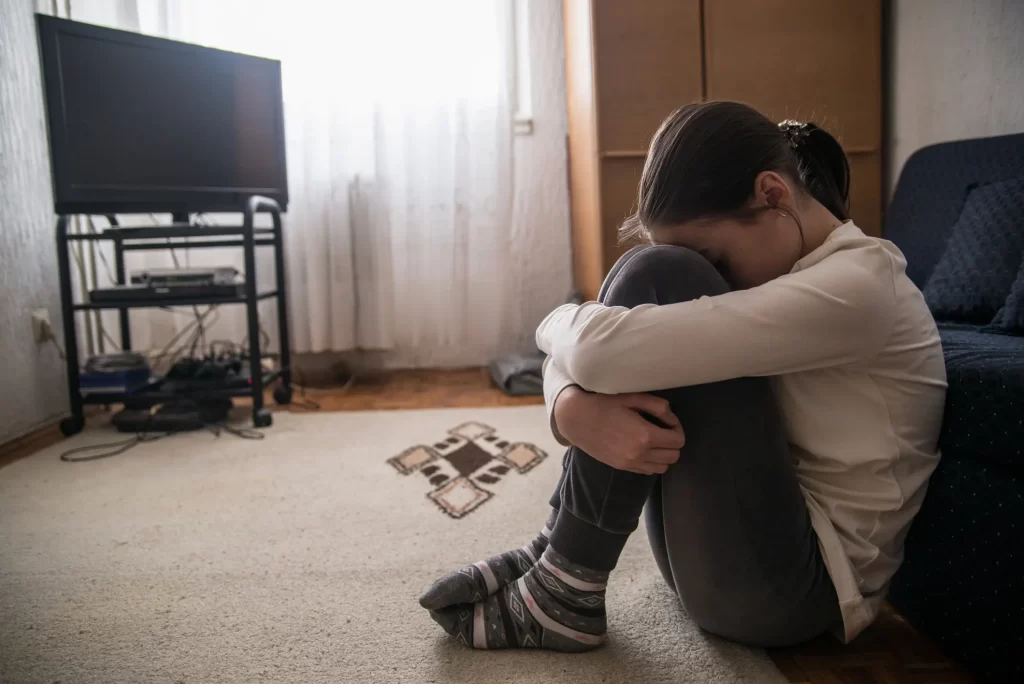BOSTON, November 23, 2020— A new study published in LGBT Health found that frequent exposure to negative depictions of transgender people in the media was significantly associated with clinical symptoms of depression, anxiety, global psychological distress, and post-traumatic stress disorder (PTSD) in this population. The study was authored by researchers at The Fenway Institute and Brown University and is believed to be the first of its kind to explore the effects of exposure to negative transgender-related media across a range of platforms on transgender people. It is an important addition to the extensive body of research showing a correlation between negative media depictions of stigmatized groups and poorer mental health outcomes, as few studies focus solely on transgender people.
“Nearly all of our study participants reported having seen negative depictions of transgender people in media over the past 12 months,” said study lead author Jaclyn White Hughto, PhD, MPH, Assistant Professor, Brown University School of Public Health. “But those who reported greater frequency of exposure to these messages were significantly more likely to exhibit clinical symptoms of depression, anxiety, global psychological distress, and PTSD. The association held even after adjustments were made for variables such as age, race, income, and reported experiences of childhood and/or adult sexual or physical abuse, which suggests that negative media messages may have an independent impact on the mental health of transgender populations exposed to such messages.
The study titled “Negative Transgender-Related Media Messages are Associated with Adverse Mental Health Outcomes in a Multi-State Study of Transgender Adults,” was conducted between March and August 2019 when 545 study participants completed a one-time survey assessing demographics, negative transgender-related media messages, violence, and mental health. Participants were asked to rate how often, on a scale from zero to four, that they saw negative messages about transgender people on television, in print newspapers and magazines, and in advertisements and signs, including billboards, yard signs, bumper stickers, and flyers.
Findings from the study show the following:
- Nearly all (97.6%) of the study participants reported having seen negative depictions of transgender people in the media in the prior 12 months
- The percentage of those reporting negative depictions of transgender people in print media (93.9%) and television (93.8%) were nearly identical and 83.1% reported having seen negative depictions of transgender people in advertisements and signs.
- More frequent exposure to negative media depictions was associated with 18% increased odds of being depressed, 26% increased odds of experiencing anxiety, 25% increased odds of PTSD, and 28% increased odds of experiencing global psychological distress.
“Given the prevalence of systemic discrimination against transgender people in employment, health care settings, schools, and housing, we have long known that structural interventions are required to target stigma at its source,” Hughto added. “Campaigns designed to encourage accurate, non-stigmatizing depictions of transgender people across all media could serve to mitigate the harms of negative media messages to transgender people. In the meantime, clinical interventions can also help transgender people cope with the stress of being exposed to negative transgender-related media.”


